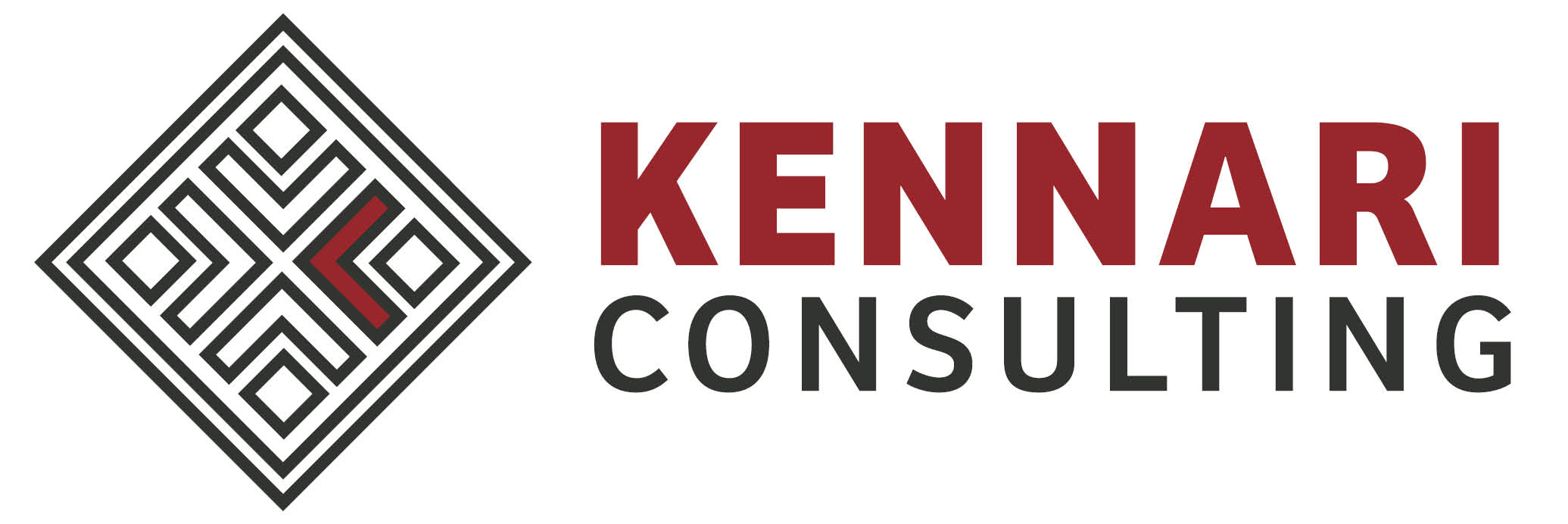In fundraising, and in life, we are often asked to talk about ourselves and the work we do. Words help us communicate ideas and thoughts to others, and shape how we understand and create meaningful relationships with people, our emotions, and lived experiences. Whether it is speaking at an event, writing a grant, putting together a newsletter, talking to a potential donor, or engaging in any other kind of communication, words are powerful.
Here are five strategies for strengthening your use of words in fundraising:
1. Reflect on how words shape you. Most of us have grown up hearing and using certain words to describe who we are. Maybe you were considered “outgoing,” “brave,” or “bossy” when you were a kid; or maybe you were known as “shy,” “creative,” or “obedient.” We are also described and labeled based on things like gender, race, size, ability, and class. Taking time to think about what words we may have internalized and how different words feel to us is helpful for understanding how powerful words are. Coming to terms with how words impact your experience is a good first step in understanding the role that words can have in your work and in the lives of those affected by your work. In fundraising, even considering how you feel when you hear or say words like “money” or “donors” can bring insight.
2. Do your research. Throughout human history, words have been used as weapons for oppression, exclusion, discrimination, and dehumanization because of the ways they’ve been used in various contexts throughout time, ultimately influencing beliefs and behaviors. Words can also be used as tools for inclusion, equity, compassion, and justice for the same reasons. When thinking about how words are used in your work, spend time researching person-centered and strengths-based/asset-based language to see if you can implement these types of approaches in your communications. Looking for a place to start? Here is a blog post about asset-based language published by Grant Advisor, a site dedicated to providing advice and information for grantmakers and grantseekers.
3. Observe and listen. In addition to familiarizing yourself with best practices around asset-based language, observe and/or listen to how people refer to themselves. Many people will tell you how they wish to be identified or described and usually the most affirming thing you can do is believe them and implement the language they give you. Listening deeply allows us to better understand others and build stronger connections with people, which as we all know, is important for all areas of our lives, including our work.

4. Slow down. We are all more likely to misspeak or use a term that may be offensive to someone when we are in a hurry or not being mindful in choosing our words. Slowing down when communicating, whether it is verbal or written, can help ensure that the words we use are thoughtful, clear, inclusive, and kind. Practice pausing and taking a breath during a conversation or stepping away from your laptop for a few moments before you click “send” on an email. Use the extra time and space to select words that honor the dignity and worth of the person or people you are communicating to and/or about.
5. Own your impact and remain open to the evolution of language. Because we are human, we are going to make mistakes. When this happens, take accountability, make a commitment to learn from the moment, and strive to do better moving forward. A beautiful thing about language is that it’s always evolving, and as fundraisers, we have the power and privilege of adopting and sharing new words and terms that can help drive social progress and equity.
Our personal and professional development will always be a work in progress but hopefully we can each start making small steps toward more thoughtful, inclusive communication by finding ways to integrate these strategies in our fundraising practices and beyond. Every one of us has the ability to make the world a little better by reflecting, learning, listening, pausing, and letting go of defensiveness and rigidity when communicating with others.
About the Author:
Megan Brodie, LMSW, joined Kennari Consulting in 2019 as a Strategist with the grants team. Megan’s education and early professional background are in clinical social work, more recently transitioning into macro social work with experience in project management, communications, community relations, and grant writing. Megan’s clinical social work experience has helped her understand the life-changing work that nonprofits do to strengthen communities and she values roles that allow her to make a positive impact on the lives of others. She is eager to help Kennari clients develop strategies to achieve grant success.
